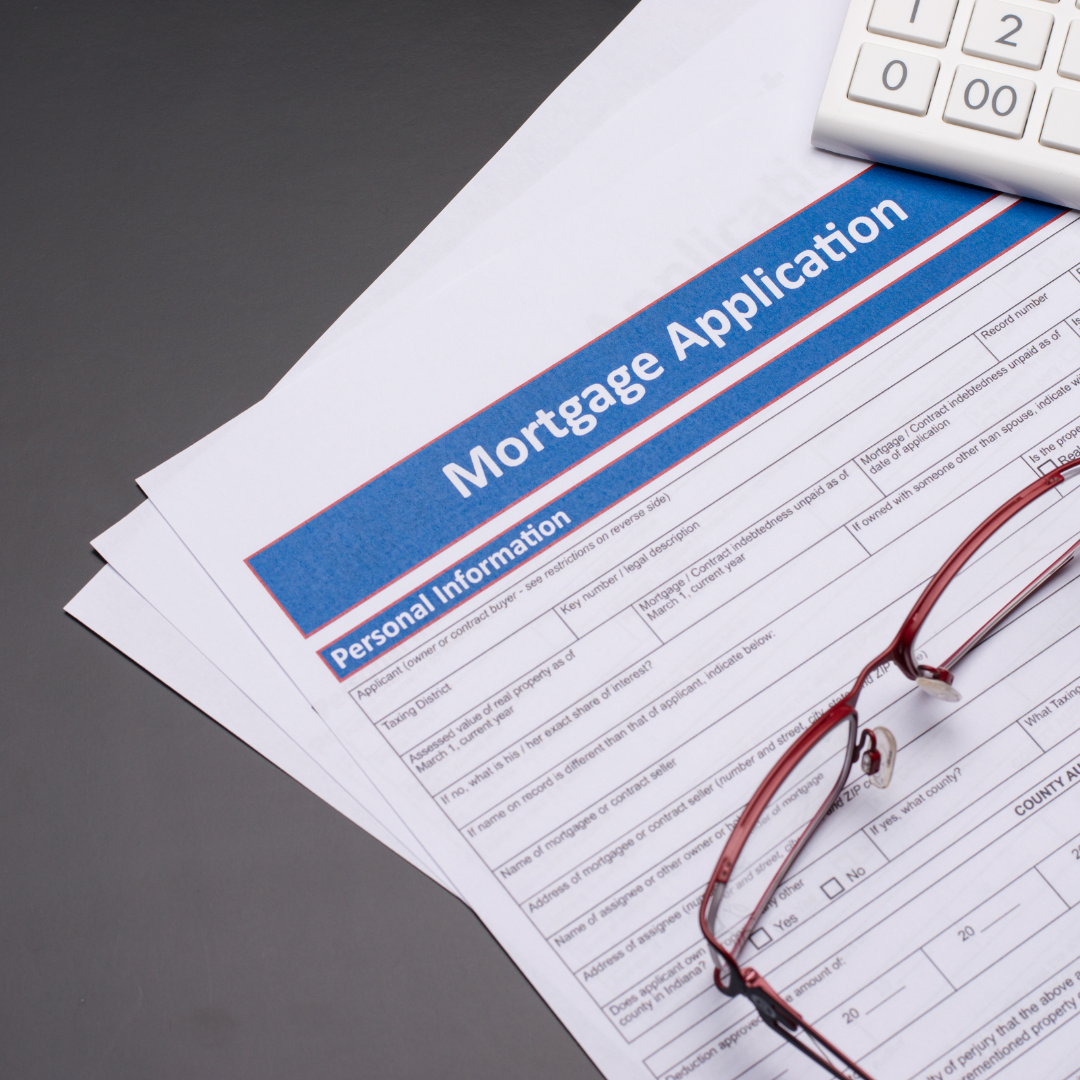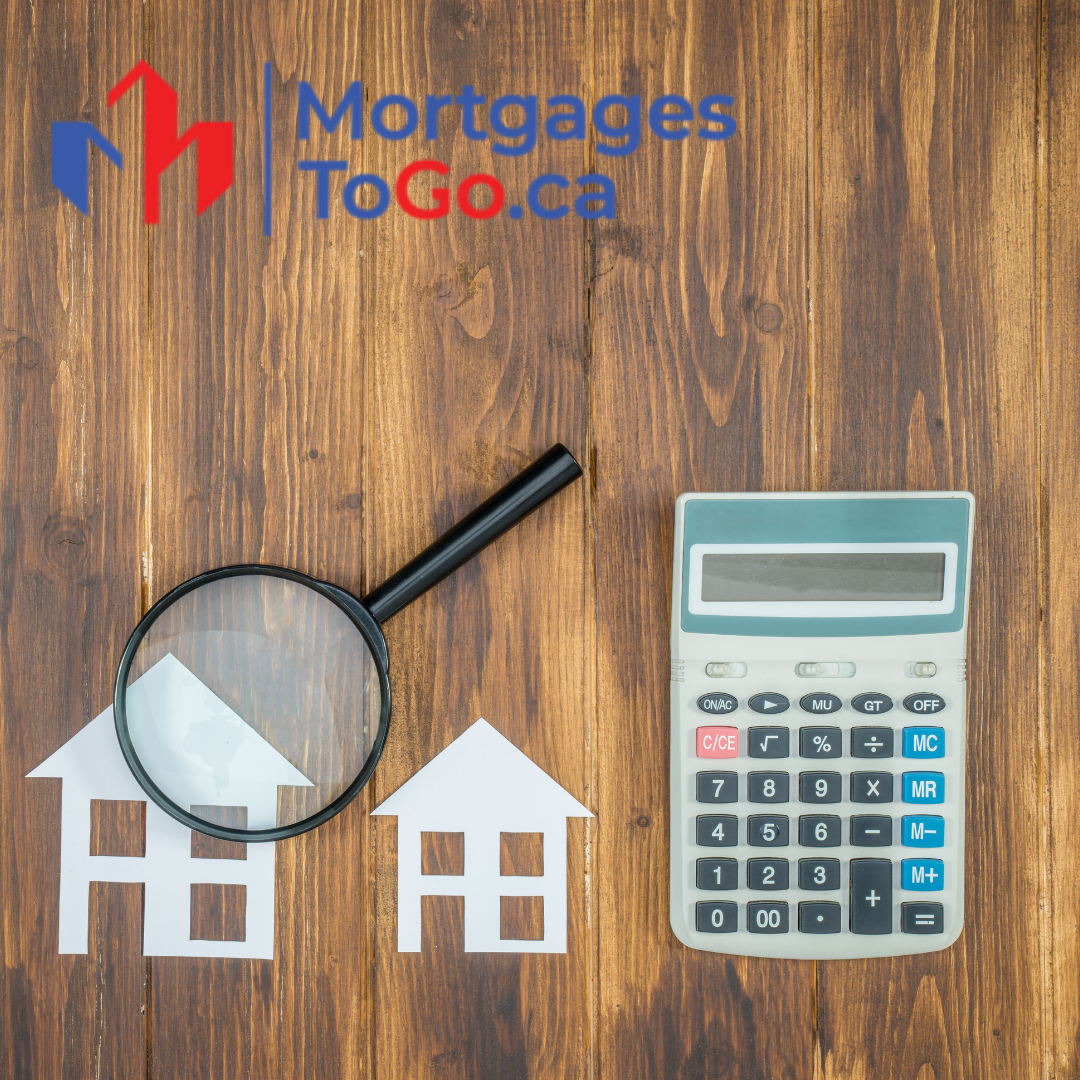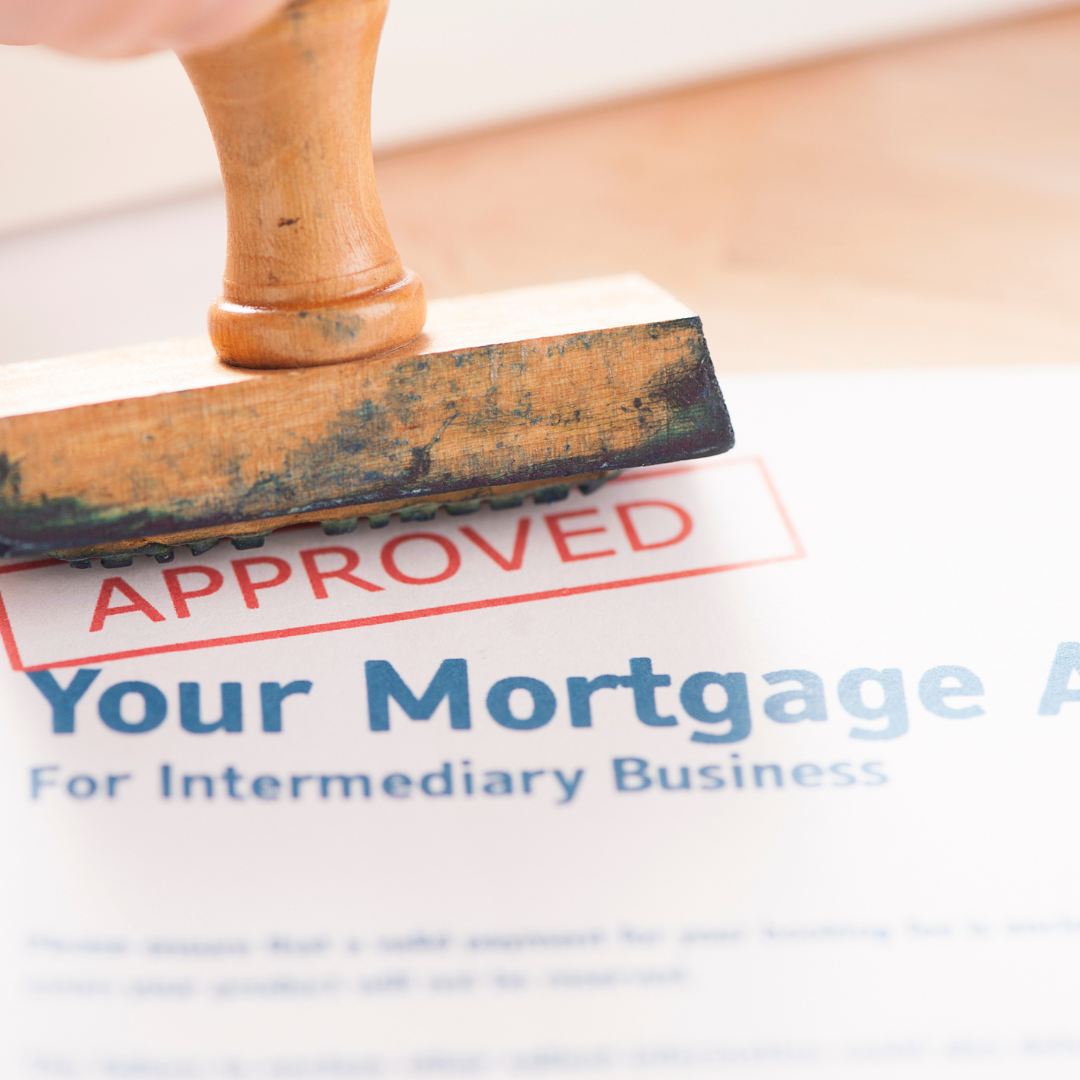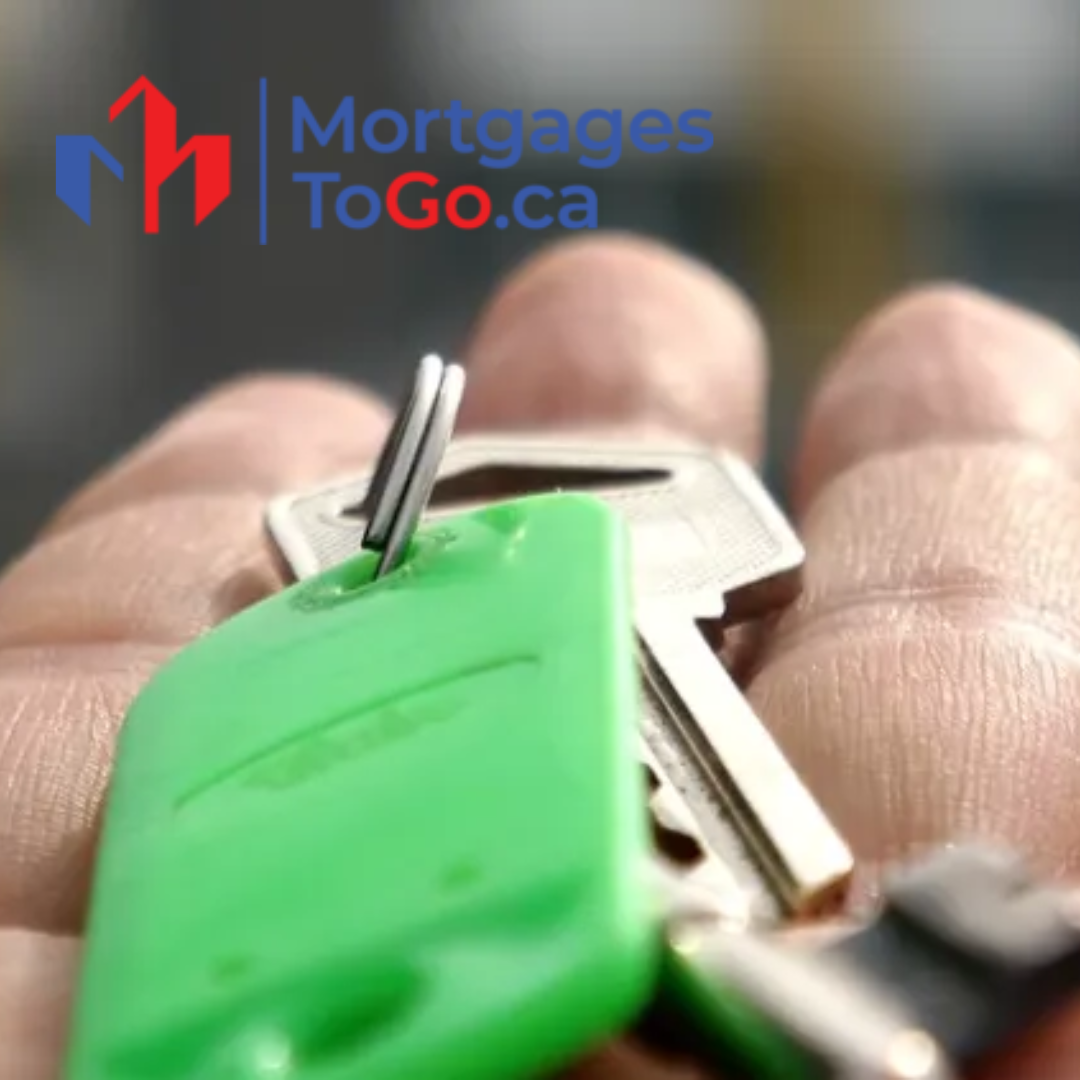What do I need to know about the Mortgage Information Statement?
If you’re thinking about buying a home, you’re probably wondering how much you’ll need to borrow, and how long you’ll need to pay it back. The answer to those questions is the mortgage amount, amortization period, and payment frequency.
The mortgage amount is the total amount you’ll need to finance your home purchase. The amortization period is the length of time you’ll have to make payments on your mortgage. The payment frequency is how often you’ll

The Mortgage Amount: How Much Can You Borrow?
The mortgage amount is the amount of money you borrow from the lender to purchase the home. The maximum amount you can borrow is called the loan limit. The loan limit is determined by a variety of factors, including your income, credit score, and the type of home you’re purchasing.
The amortization period is the length of time it will take you to pay back the mortgage loan in full. The most common amortization periods are 15 years and 30 years.
The payment frequency is how often you make payments on your mortgage loan. The most common payment frequencies are monthly, bi-weekly, and semi-monthly.
The Amortization Period: How Long Will You be Paying off Your Mortgage?
The amortization period is the length of time that you will be making payments on your mortgage. In Canada, the maximum amortization period is 25 years. This means that you will have your mortgage completely paid off within 25 years, as long as you make all of your payments on time.
The payment frequency is the frequency with which you will make your mortgage payments. Mortgage payments can be made on a weekly, bi-weekly, semi-monthly, or monthly basis. The payment frequency can affect the total amount of interest that you pay over the life of your mortgage, so it is important to choose a payment frequency that works best for you.
The mortgage amount is the total amount of money that you are borrowing from the lender to purchase your home. The interest rate is the percentage of your mortgage amount that you will be required to pay in interest over the life of your mortgage.
The Payment Frequency: How Often Will You Make Mortgage Payments?
The payment frequency is how often you will make payments on your mortgage. The most common payment frequencies are monthly (12 payments per year), bi-weekly (26 payments per year), and weekly (52 payments per year). Some lenders may also offer semi-monthly or accelerated weekly/bi-weekly payment programs.
Making accelerated bi-weekly or weekly payments can save you money in interest and help you pay off your mortgage faster. For example, if you have a $200,000 mortgage with a 5-year term and a 4% interest rate, your monthly payment would be $954.83. If you switch to an accelerated bi-weekly payment schedule, you would make 26 payments of $477.42 over the course of a year. That’s the same as 13 monthly payments, but because you’re paying every two weeks, you’ll end up making one extra payment each year. This will help you pay off your mortgage faster and save money on interest costs.
The Mortgage Term: How Long is the Mortgage Contract?
The term of your mortgage is the length of time you are committed to the terms and conditions set out in your mortgage contract. The term you choose will have an effect on your interest rate and how much interest you will pay over the life of your mortgage.
A shorter term will have a lower interest rate but higher monthly payments. A longer-term will have a higher interest rate but lower monthly payments. You can choose a term that is right for you and that meets your financial needs.
The most common mortgage terms are:
-5 year closed
-7 year closed
-10 year closed
-15 year closed
-20 year closed
-25 year closed
30 year Closed
The Interest Rate: What Determines Your Mortgage Payment?
The interest rate is the biggest factor in determining your monthly mortgage payment. The lower the rate, the smaller the payment. Amortization period and payment frequency also affect your payment but to a lesser extent.
The mortgage amount is the total amount you borrow from the lender. The amortization period is the length of time it will take to pay off your mortgage if you make all of your payments as scheduled. The typical amortization period in Canada is 25 years. The payment frequency is how often you make payments on your mortgage (monthly, semi-monthly, bi-weekly, or weekly).
The Down Payment: How Much Money Do You Need Upfront?
The down payment is the difference between the mortgage amount and the purchase price of the home. It is typically paid upfront, in a lump sum, when you close on your home.
The size of your down payment will affect your mortgage amount, loan terms, and whether you will be required to purchase private mortgage insurance (PMI). A larger down payment means a lower interest rate and monthly payments, and may also help you avoid PMI.
If you are a first-time home buyer, you may be eligible for government-backed programs that allow for a smaller down payment. Some conventional lenders also offer low or no down payment options.
Mortgage Insurance: What Is It and Do You Need It?
Mortgage insurance is insurance that protects the lender in the event that you default on your mortgage. It’s a method of risk management for the lender, and it allows them to approve more borrowers who wouldn’t otherwise qualify for a mortgage.
There are two types of mortgage insurance: private mortgage insurance (PMI) and government-sponsored mortgage insurance. PMI is typically required if you have a conventional loan and make a down payment of less than 20%. FHA loans require mortgage insurance regardless of how much money you put down, and it can be costly.
The good news is that you don’t have to pay for mortgage insurance forever. Once you reach a certain level of equity in your home – typically 20% – you can request that your lender cancel your mortgage insurance. But there are some catches: you usually have to request cancellation in writing, and most lenders will only cancel if you have a good payment history.
The Closing Costs: What Fees Are Associated with Your Mortgage?
Mortgage default insurance, commonly referred to as CMHC insurance, protects the lender in the event the borrower defaults on their mortgage. If you are buying a home with less than a 20% down payment or equity, you are required to purchase mortgage default insurance. Mortgage default insurance is calculated as a percentage and is applied to your mortgage loan amount. The premium amount will depend on the size of your down payment and is added to your mortgage balance.
Your amortization period is the number of years it will take you to pay off your mortgage loan, including interest and principal. The standard amortization period in Canada is 25 years, but terms can range from 20-30 years depending on the lender.
The frequency of your payments (weekly, bi-weekly, semi-monthly, or monthly) will also affect how much interest you pay over the life of your mortgage loan. Making more frequent payments will reduce the interest charged on your outstanding principal and help you pay off your mortgage faster!
| MortgagesToGo.ca | |
| Website | Mortgagestogo.ca |
| Services | New purchase, refinancing and equity takeouts, mortgage transfer, mortgage renewal Rates |
| Rates | https://mortgagestogo.ca/mortgage-rates/ |
| Address | 12 Royal Vista Way NW #1110, Calgary, AB T3R 0N2 |
| Contact Details | (888) 888-5998 |
| Operating Hours | Monday – Friday 9 AM – 5 PM |








